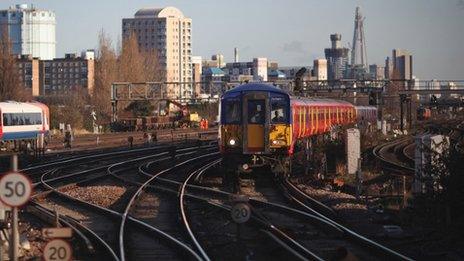Autumn Statement: Is rail devolution in London dead?
- Published
- comments
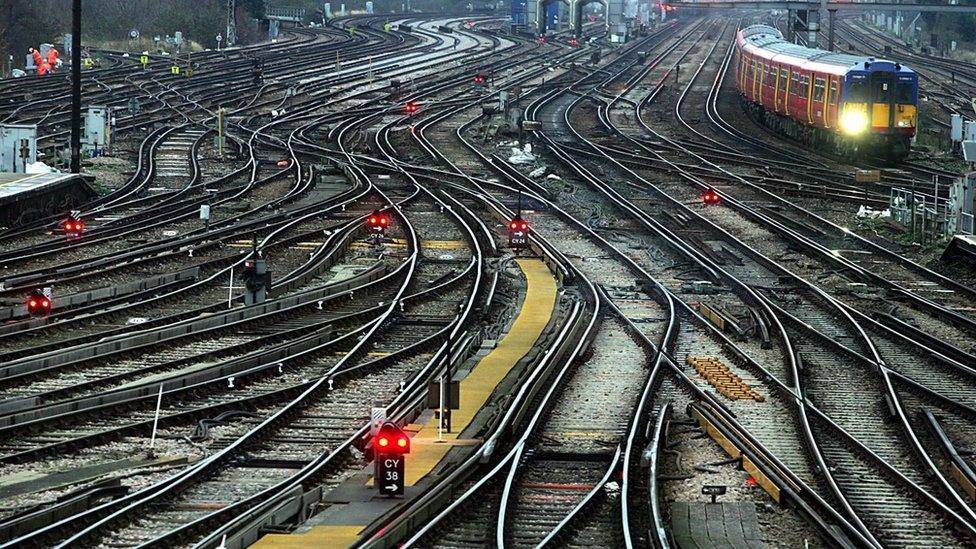
Many services currently run at capacity
Sadiq Khan is not the first mayor to want more control over London's rail service.
Previous mayors have managed it - Ken Livingstone took over Silverlink and Boris Johnson gained control of West Anglia.
But it looks like the chances of more takeovers are not that promising.
Mr Khan made the business case for further rail devolution to the Department for Transport, saying further devolution of suburban rail services had already been agreed by the government in a joint prospectus with Transport for London (TfL).
First on the hit list was Southeastern running between Charing Cross, Cannon Street and Victoria, and Dartford, Gravesend, Hayes, Bromley and Sevenoaks.
The timescales even with a fair wind are very tight.
Full capacity
The business case says it would take two years for TfL to take over this franchise by January 2019. This would involve splitting the services between Metro and Mainline and also require further recruitment of drivers and more rolling stock.
Other takeovers would follow including some inner London services serving south central London to Sutton and Epsom by 2021, and Moorgate services to Welwyn Garden City by the same year.
The benefits, according to TfL, of a takeover are better stations, more services, more capacity and more trains. TfL would pay an operator to run the service and set the fares and keep the fare box (a concession).
It is very much a full reorganisation. In fact it is a change in business model from franchise to concession.
The mayor also linked the takeovers to better links to new housing and jobs.
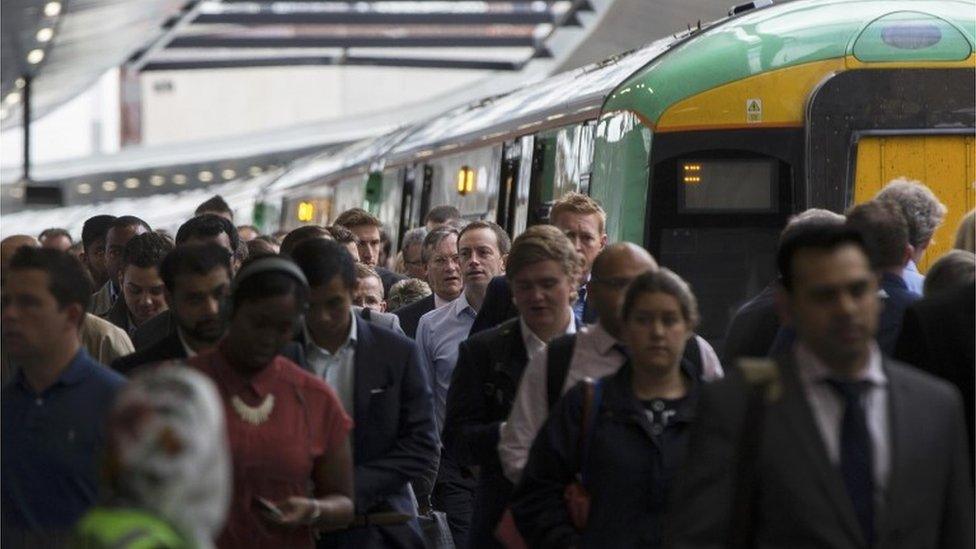
One of the issues with the lines that TfL wants to take over is capacity. Some are already full - so the argument goes - whoever the operator is it will still be problematic.
And while rail devolution might not be dead, takeovers - as we have seen before - do not now look likely.
I spoke to Gavin Barwell MP, the Minister for London, and asked him: "With regards to Southeastern: the mayor was very keen, TfL was very keen, many politicians were very keen for TfL to take over that service. What is happening - is devolution of rail dead?"
He replied: "The chancellor was very clear that he wants to carry on working on devolution.
"He announced two areas today in terms of adult education and employment support but I think in terms of our rail network my colleague Chris Grayling, the Secretary of State for Transport, is very keen to work with the mayor but what he doesn't want to do is sort of reorganise the whole system in London."
'Make it worse'
He said there needed to be better integration between those running the track and the people operating the service "so it's definitely something we're going to talk to the mayor about but we need to get the detail right".
When I asked him if rail devolution was dead, he said the transport secretary wanted to achieve better integration and work with the mayor to improve services, but not reorganise the whole thing "because that could make it worse".
Val Shawcross, the Deputy Mayor for Transport, responded: "TfL has already shown that devolution works with the London Overground lines - which went from being one of the worst train lines in the country to one of the best once TfL took control.
"These improvements haven't been seen on those lines which remained under the government's control over the same period."
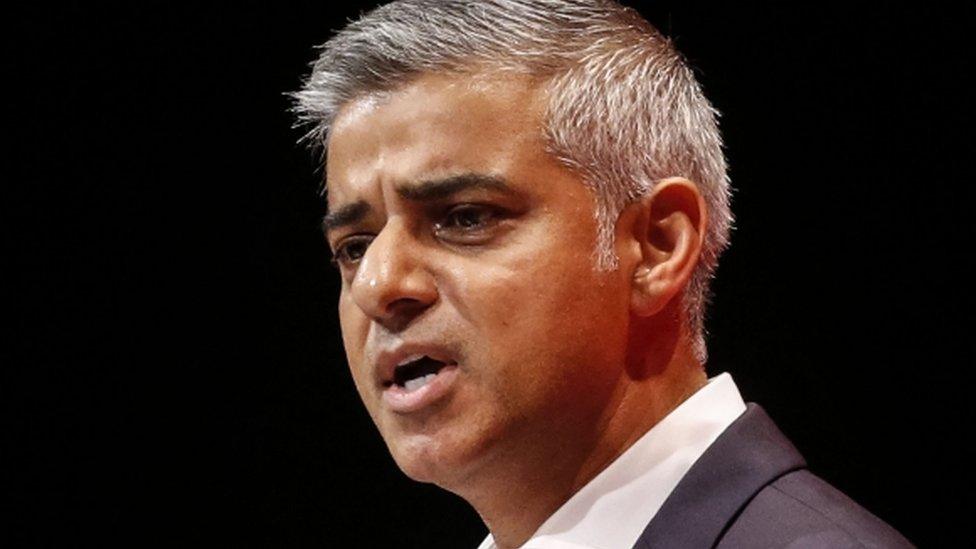
Sadiq Khan has previously said TfL should take over Southern services
She added: "The principle of further devolution was already agreed by the government in January 2016 and TfL has been signed up to a partnership approach with the DfT since March.
"We were disappointed that there was no confirmation of rail devolution in the Autumn Statement today, but hopeful that it will come sooner rather than later."
David Leam, infrastructure director at London First, said: "A government U-turn on rail devolution would be hugely disappointing. TfL has an unrivalled understanding of how to keep people moving around the capital and giving the Mayor responsibility means the buck would ultimately stop with him. Clinging on to Department for Transport control would be bad news for passengers commuting into London every day."
Mr Leam says the Southeastern franchise should give a clear indication of government's thinking on rail devolution so London First is keeping eyes its peeled.
He thinks Southeastern is the right franchise to look at - as this is about rail services predominantly operating in London.
So, there's some wriggle room, but it looks very much like the previous model of TfL rail devolution is not now the thinking in government.
- Published23 November 2016
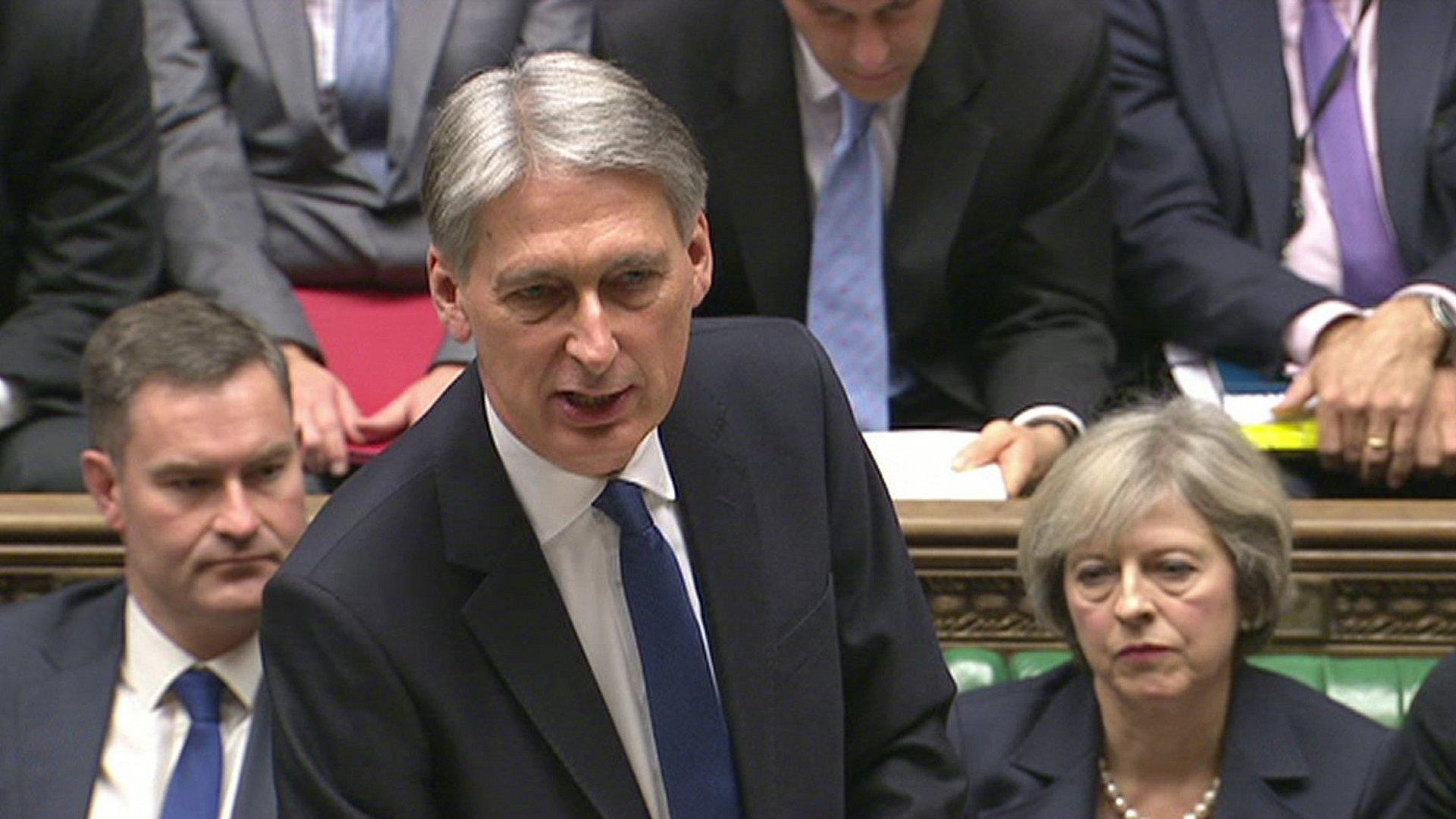
- Published23 November 2016

- Published23 November 2016
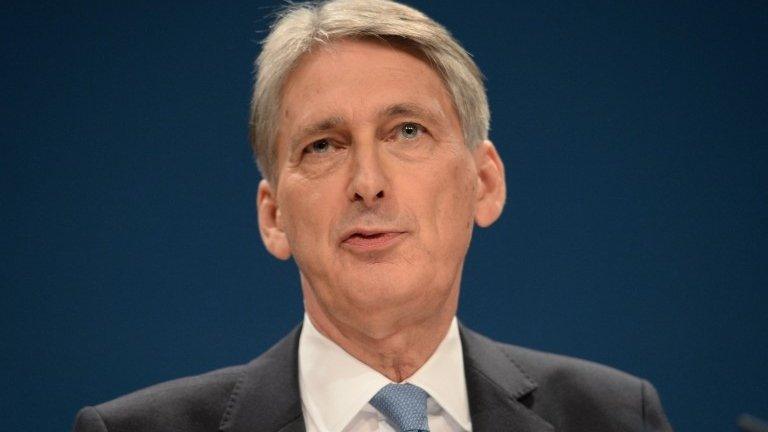
- Published17 October 2016
- Published14 October 2016
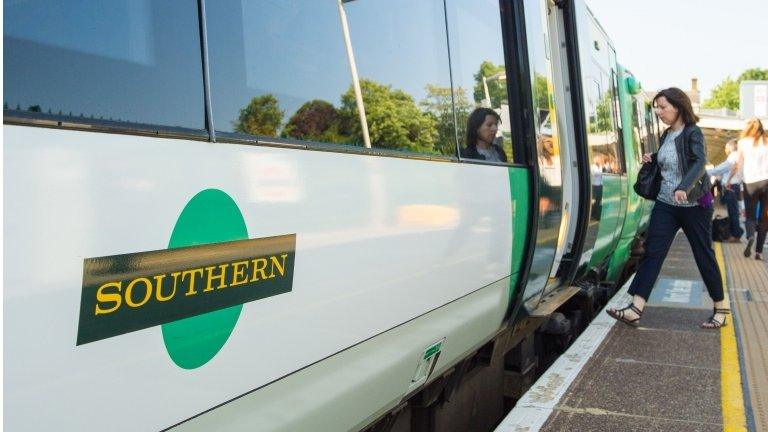
- Published16 October 2015

- Published30 January 2013
